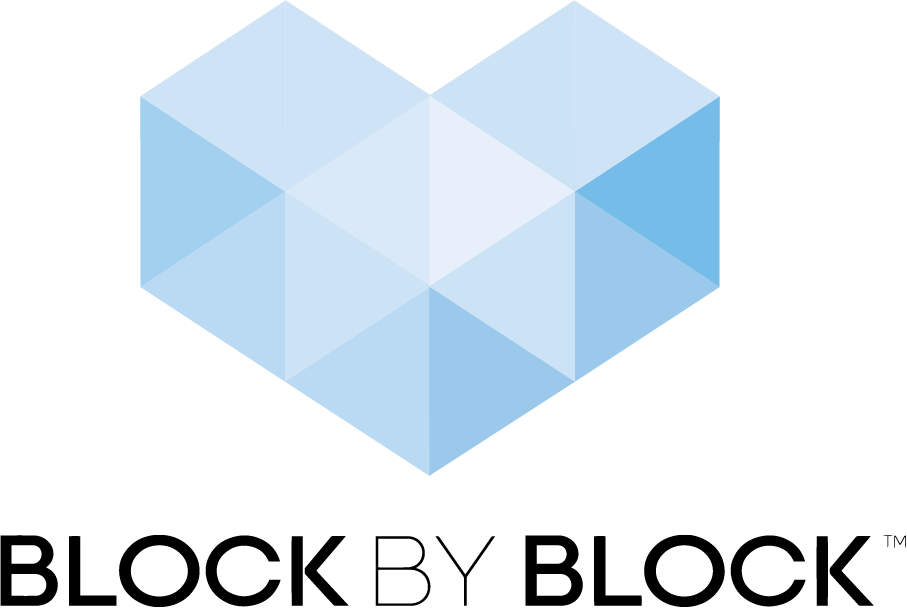Building Safe Spaces for Women and Youth in the Gaza Strip
Building Safe Spaces for Women and Youth in the Gaza Strip
Block by Block Workshops in the Gaza Strip empower women and youth to support post-conflict reconstruction by creating three inclusive community gardens.
Building Safe Spaces for Women and Youth in the Gaza Strip
Gaza Strip, Palestine
Project type: Public garden
Collaborators: UN-Habitat, UN-Women, Government of Kingdom of Belgium, Palestinian Housing Council, Aisha Association for Woman and Child Protection, GGateway
Region: Arab States
Tags: accessibility, children and youth, empowering women and girls, innovation and technology, multigenerational use, post-conflict rehabilitation, social inclusion and human rights
Living conditions are difficult in the Gaza Strip, but local women helped transform three neglected spaces into vibrant community gardens. Credit: UN-Habitat
Background
Recovery in post-conflict Gaza, while complex and fragile, opens opportunity to include new voices in urban design. In an area deeply impacted by warfare and gender-based violence, the Belgian-funded program “Utilizing Digital Tools to Promote Human Rights and Create Inclusive Public Spaces in the Gaza Strip” aimed to build urban environments that support all residents, particularly women and children.
The selected site in Beit Lahia demonstrated great potential for transformation. Credit: UN-Habitat
The committee selected sites in Al-Shoka, Beit Lahia, and Al-Zawayada, three marginalized localities in the Gaza Strip characterized by a lack of public services and open, green spaces. These three locations each held an organized workshop to gather input from nearby residents and generate design proposals for the architects. Since 70% of the Gaza population is under the age of 30, the young demographic took a priority role in this innovative planning process.
“We believe that full youth representation at all levels is a must to achieve peace, prosperity, and sustainable development, especially in a country characterized by its young population like Palestine. Therefore, we put youth at the center of our initiatives and programs.”
Building Safe Spaces for Women and Youth, Block by Block
The Block by Block Workshops represented the first opportunity for local residents to actively participate in public development with the help of digital platforms. The first gathering took place in August 2017, when 30 participants used Minecraft to develop ideas for a community garden in Al-Shoka. The selected site was once the only green space in the Rafah district, but had been destroyed by warfare in 2014. The workshop focused on inclusive design and supporting women and youth. Women asked for park lighting, fencing, and a separate area dedicated to women and families. The resulting proposal included solar panels to power lights and municipal WiFi to keep residents connected.
In early 2018, 35 participants—mainly women and youth—attended a Block by Block Workshop focused on the Al-Shaima’ neighbourhood in Beit Lahia. The three-day agenda started with discussions about strong public space design, the benefit of community involvement, and a guided lesson in using Minecraft.
A team of women works to design the Beit Lahia community garden with the help of Minecraft. Credit: UN-Habitat
“Building safe and inclusive public spaces by involving young people and women in the design and decision-making process, using a creative game such as Minecraft, carries a message of hope and ensures a safer environment, especially for women and girls.”
In July 2018, 42 participants attended the second workshop to address plans for the Al-Farouq neighborhood in the town of Al-Zawayada, which sits in the middle of the Gaza Strip.
“We are thankful for the opportunity to participate in developing our neighborhood using innovative digital tools. We are excited to see what we imagined become reality.”
Progress
In January 2019, UN-Habitat and UN Women held a closing ceremony for “Utilizing Digital Tools to Promote Human Rights and Create Inclusive Public Spaces in the Gaza Strip.” The program’s success is evident in the three renovated spaces, all designed with women and youth at the forefront. Beit Lahia welcomed the Al Shaimaa community garden in August 2018. The most recent, the community garden in Al-Zawayada, was inaugurated with workshops and education for 4,450 local youth promoting civic engagement and gender equality. Together, the completed spaces expect to serve over 100,000 citizens.
The Beit Lahia site was transformed into a colorful and inclusive community garden. Credit: UN-Habitat
“Our experience in the design and implementation processes was unique and special. It represented our ideas and visions and enhanced our sense of ownership. We feel this community garden belongs to all of us and we have to look after it, maintain it, and respect it.”
By involving marginalized communities in a marginalized region, these projects were able to lift women and youth while creating community spaces and aiming to reduce gender-based violence. The collaboration during the design process and the employment of female architects helped advance this mission even further, resulting in more safe opportunities for all in the Gaza Strip.
More Resources
3D Minecraft Model of Gaza Strip on Sketchfab
Utilizing Minecraft as a tool for community participation to design a public space in Gaza Strip




